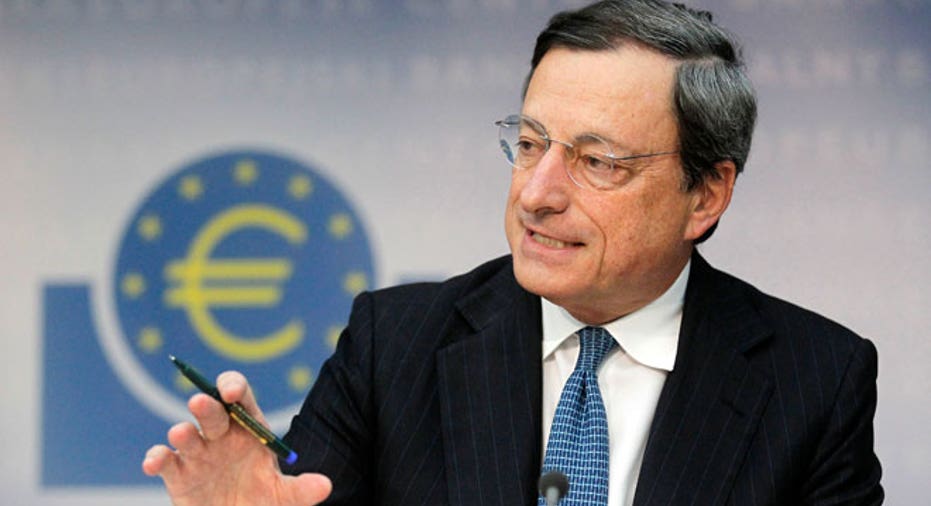ECB's Draghi Unveils Stimulus Moves

Central bankers would surely say that Mario Draghi pulled out the monetary version of a man-portable recoil-free anti-tank rocket launcher. To the ordinary investor and trader, it was enough to know that the president of the European Central Bank has fired his bazooka.
Ahead of Thursday's meeting of the ECB investors were confused. With a bewildering array of options facing policymakers in Frankfurt, it was hard even to be sure what would count as good news. Taking rates more negative? Hurts banks. Buying more bonds? Simply means the program of quantitative easing will run out of eligible securities earlier. Tweaks to try to avoid these side-effects were on the list, but the two biggies - buying risky corporate bonds or shifting purchases away from Germany and other markets where eligible bonds may run out - seemed certain to run into German opposition.
Confusion turned to certainty as soon as the ECB's statement came out, though. Mr. Draghi and the ECB have taken no chances of repeating the disappointment which followed their meeting in December, when the euro's rapid descent against the dollar came to a juddering halt.
Faced with a worried market, Mr. Draghi made certain investors would be pleasantly surprised. The key deposit rate was only cut to minus 0.4%, as already priced into money markets, but bank profits were shielded by something few expected: the ECB said it will make four-year loans to banks, charging interest "as low as its deposit rate". In other words, banks which get access to this facility will be paid to borrow from the ECB.
Bond buying will be ramped up by EUR20bn a month, but fears that eligible bonds will run out were assuaged by making high-quality nonbank corporate bonds eligible for the purchases.
Investors reacted exactly as Mr. Draghi might have hoped. The euro tumbled, dropping as low as $1.084 from $1.097 immediately before the announcement.
At the same time, eurozone bank stocks rallied 7% shortly after Mr. Draghi started speaking. Measures of bank credit also performed strongly, as banks will be able to replace expensive bond financing with long-term loans from the ECB.
The price reaction will surely have policymakers feeling relieved that they judged the market correctly - although the initial reaction may fade if the details of the new policies do not match the headlines.
The ECB was helped along by the confusion before the meeting. Unlike in December, fast-money traders were not making big bets on the euro in advance; when speculators already have large positions, it is that much harder to push them into making even bigger bets. Back in December the speculative bets against euro futures were the third most stretched since 2006, leaving plenty of scope for a snap back as traders closed their positions by buying back euro.
By James Mackintosh



















